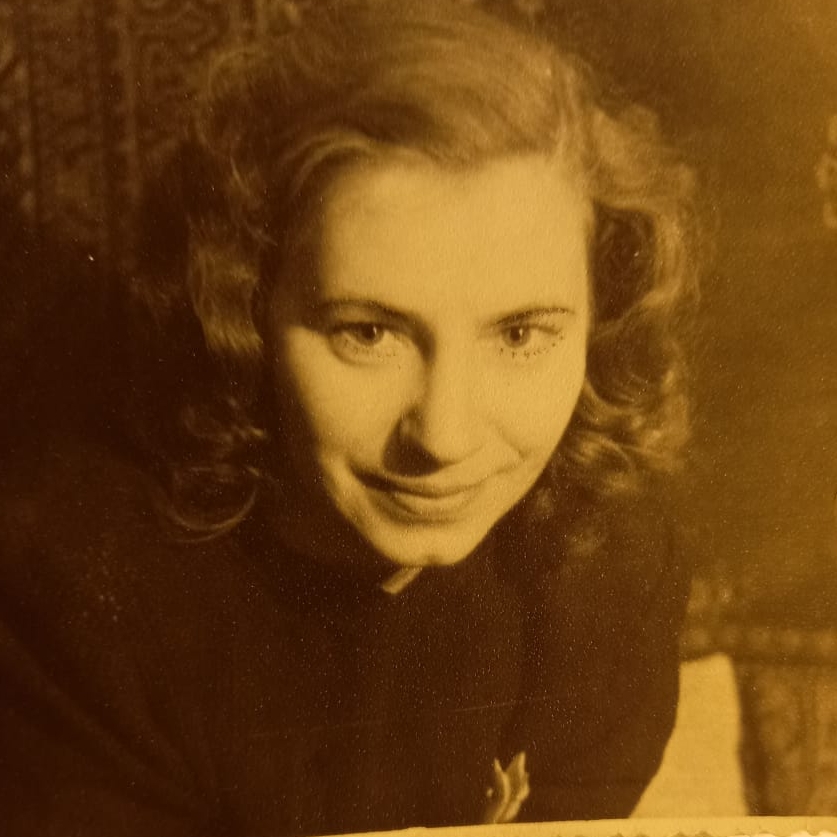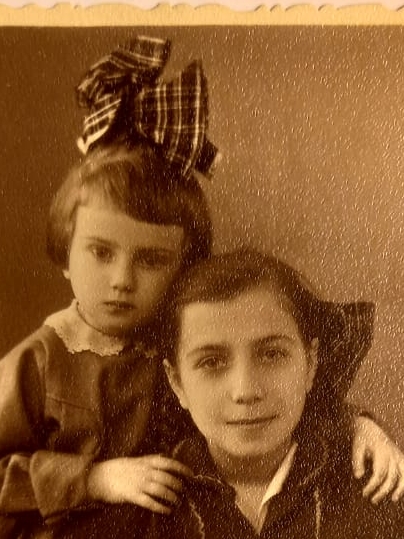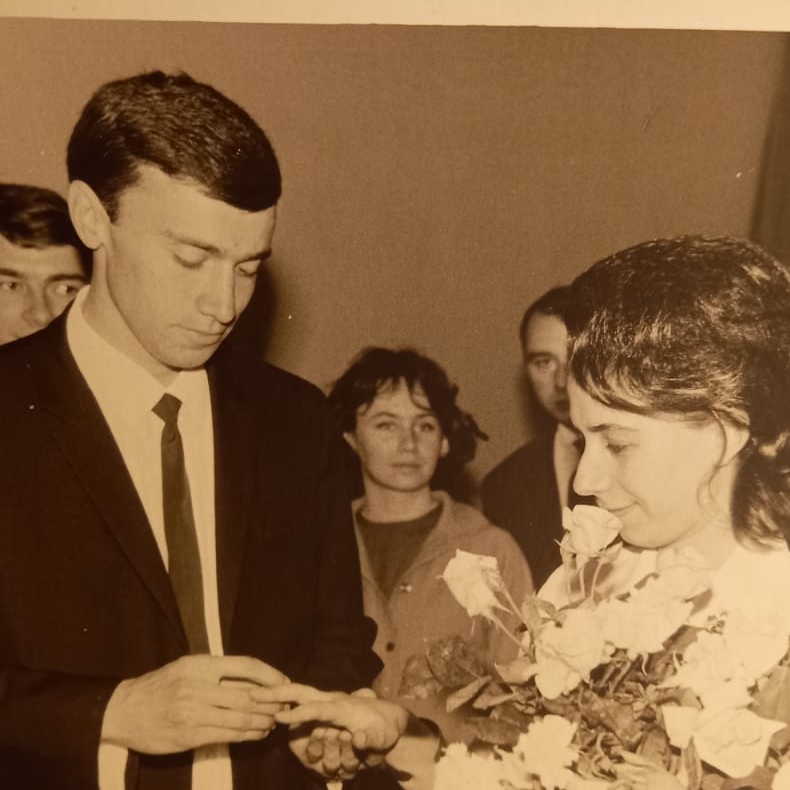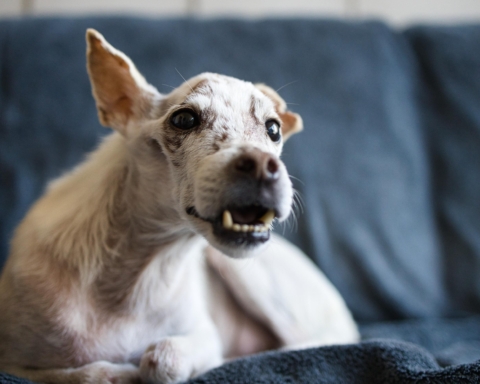A lot of intrigue and mystery surround the Soviet Union, the infamous red giant that stretched from eastern Europe to the Pacific Ocean only about a mile from the United States. Yet the West is slowly losing connection to this lost world and what it does remember usually focuses on the political and economic aspects. But what about the people who made up the Soviet Union? The Soviet Union broke up 30 years ago, so the number of people who can remember life in this lost world is dwindling. Luckily, I didn’t have to search far to find one of them: my grandmother, who lives in Tbilisi Georgia.
However, for her first 45 years, Ellen Davidov wasn’t a citizen of Georgia, but the USSR. Georgia was one of 15 republics that are now separate countries. Most people believe that Russia and the USSR were the same, however, Russia herself was just one of these Republics. I called my grey-haired grandmother at her nineteenth-century family home in Tiblisi, Georgia, and asked her to tell me about life behind the Iron Curtain.
Born in December 1945, shortly after the Second World War, in the Georgian capital Tbilisi, she was named after the fir trees being sold on the street for Christmas (Russian Ёлка yolka). Her mother, Katherine (known to us in the family as Kitty) was the daughter of an aristocrat and general-lieutenant of the Russian imperial army, who fought in the Imperial Wars of the 20th century. The Soviet regime established in the Caucasus dispossessed the family’s grand estate, leaving only an apartment.

Even though the regime did its best to indoctrinate her generation, her family was determined to remain apolitical. All she knew about the West was through classical western literature. She loved reading and visiting museums and started swimming from a young age with a neighbour’s son “Vasja”. They remain friends and neighbours to this day.

In her childhood, there was never a food issue until towards the end of the USSR. There were lines for some products, but this varied from year to year. However, standards were high. Her mother became very picky with processed meat after the Soviet Union because “nothing compared to the taste” of the Soviet era. “The main principle of the family remained that everything you have can be taken away from you at any moment – except for your mind and what is inside it”. She married one of her classmates during her higher education in 1966 and gave birth to my mother while she was still a student. My grandmother concluded her studies in polytechnics and started working in a scientific research institute. The most she earned was 220 rubbles, considered a good salary since the cost of living was low. “Gas for cooking was 40 kopeks per person and a Kilowatt of electricity was 4 kopeks” The price remained that way until the collapse. Housework was performed together, as a family. “I usually cleaned, my husband and my aunt, ran errands and took charge of raising the children, my mother cooked. There were no modern appliances, so housework was only manageable if everyone helped along ”

By the 1980s my grandmother realised that the crumbling economy was a symptom of the beginning of the end of the USSR. “I don’t want to idealise the Soviet Union, but it certainly wasn’t all bad. Nevertheless, Georgia’s dawning independence was beautiful to behold. Throughout history, the rise and fall of empires, has always meant great change for the people”
“What do I want the world to know about the USSR? The revolution destroyed a country with its economic systems and moral values; however, after ten years this country came back to life.” She spoke about the high literacy rate, the social and sexual equality, the promotion of culture – there were countless museums and theatres. Education and healthcare were free. “I believe the USSR’s education system was superior to the one replacing it here and in the West.”
In the light of recent events, I also asked about her opinion about the Russo-Ukrainian War. She responded she doesn’t know what side or whom to believe since she has access to Russian and Western media. Yet she hopes Russia has good intentions. “I wish no one to live through war. My parents lived through war and war is hell. War is fear. War is terror.”



cool article:)